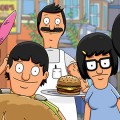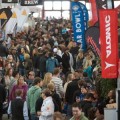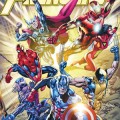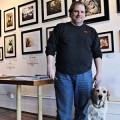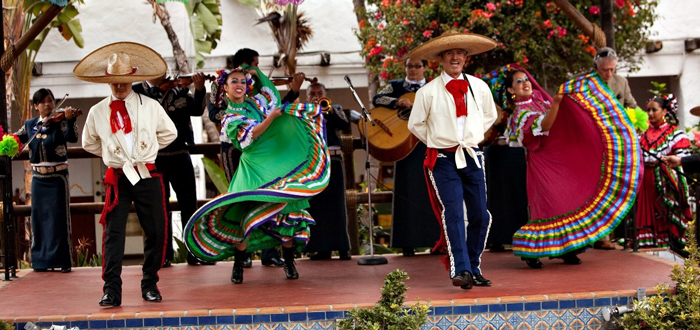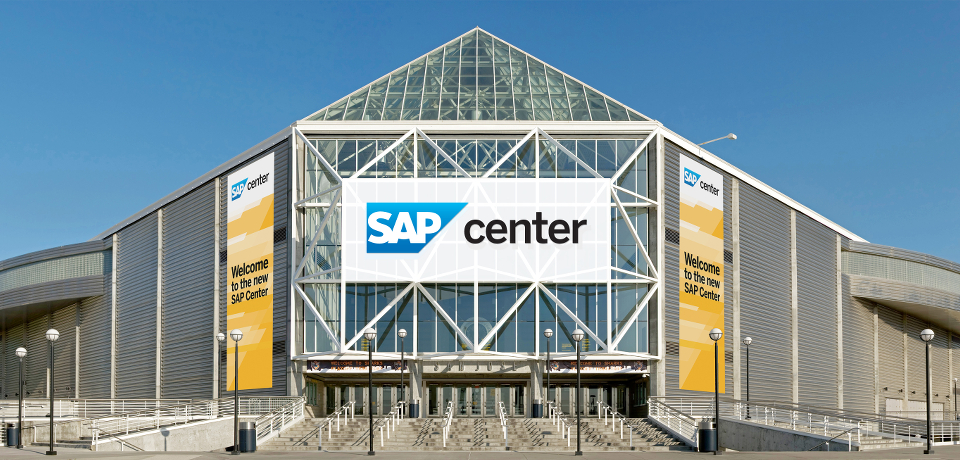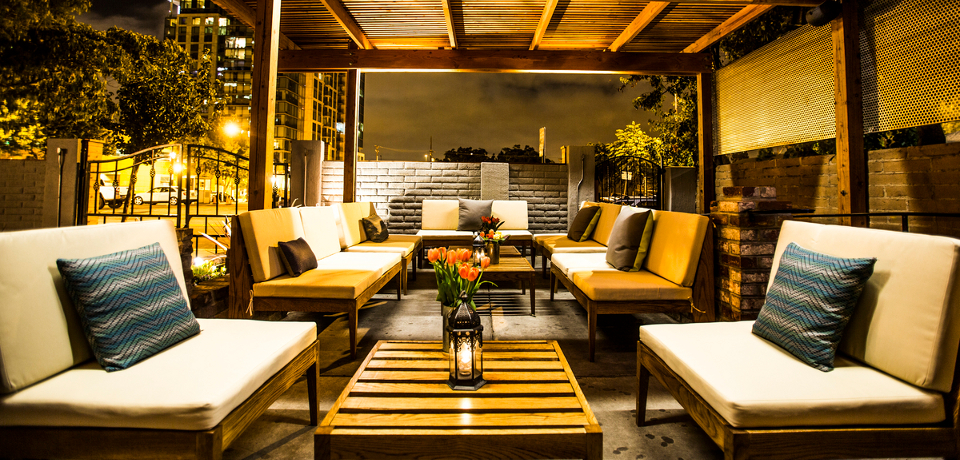Here’s a bit of local trivia. The Alternative Press Expo—the first convention in the nation to ever focus exclusively on alternative comics—was first held right here in San Jose in 1994.
Many are unaware of the event’s local origins, since APE has been hosted in San Francisco since the year 2000. It was there that the expo gained most of its notoriety. This year, however, APE is coming home—back into the hand of its creator.
The man behind APE, returning to San Jose on Oct. 3-4, is Dan Vado. The founder and owner of Slave Labor Graphics, Vado has been publishing underground comics since 1986. He came up with the idea for APE partly out of frustration at his lack of options as an indie publisher of comics. As he explains, in the early ’90s there was no social network to connect directly with fans, and working with the traditional distributors was an uphill battle for the little guy. So, Vado decided to do something about it.
“Anything that wasn’t Marvel or DC was getting bitch-slapped pretty hard by the distribution system,” he says, recalling the difficulties he faced in promoting his publications. “I thought about what we really needed to stand up for ourselves. We should have a show that’s devoted to stuff that’s not part of the big mechanism. I wanted people to come and let it be about your stuff, and show that you’re accountable enough as a creator, that you’re willing to go out and push and promote your own work.”
The first year, Vado spent the better part of 12 months trying to convince artists and publishers to participate—not to mention publicizing the event, so that fans of underground comics would know to show up. He sold about 500 tickets at $5 apiece for that first event. Somewhere around 50 artists set up booths, most of whom were not the established names in the indie publishing world.
It was slow-going at first. Convincing big names in the independent world to participate was definitely difficult, Vado says.
“I contacted DC and said that Vertigo is an imprint that fits with the vision of what I’m doing,” Vado remembers. “They didn’t come. Dark Horse didn’t come. Fantagraphics didn’t come. They didn’t see the value, or even understand it.”
APE grew slowly, and eventually a lot of those bigger indie publishers and artists did come around. At the same time, similar types of conventions started to pop up around the country.
In its third year, Vado canceled APE, because he’d accidentally booked it on Mother’s Day, which he figured would be a devastating failure. Out of the blue, he received a call from someone at Comic-Con, who were fans of the event. They offered to run it for Vado. They rebooked it on Mother’s Day, which turned out fine, and by 2000, they moved APE to San Francisco, which resulted in an immediate bump in attendance. Vado has always stayed involved, and even as the expo has grown with Comic-Con’s help, it’s never strayed from its original intention.
“A lot of comic book conventions are very mainstream or have a lot of larger titles,” says Oakland artist Jason Shiga, who started selling his work at the second APE. “APE has always kept its focus, not only on comics, but on alternative comics. Not just alternative to Marvel and DC, but actually super alternative—like mini comics, web comics, comics with print runs of less than 100. When you go to APE, you can buy a comic that literally has a print run of 20 or 30. It’s like artisanal comics.”
Over the years, Comic-Con would check in with Vado to see if he wanted to have APE back. He always said no. This year he said, yes.
“We noticed he was staging some pretty awesome community events in San Jose, and over the course of years, we would discuss APE and his other events,” says David Glazer, director of Marketing and Public Relations for Comic Con. “I think at one point we just wondered if he longed for doing the show again. It really was as simple as that.”
A lot has changed for Vado since he last ran APE in San Jose. For one, he’s become quite comfortable putting on events. Last time he ran APE, he was running Slave Labor Graphics out of the back of his comic book store, A World of Fantasy, over on Bascom Avenue. He moved his operations to Market Street in 2002, calling it just SLG Publishing. He started doing letting bands play in the building in 2008. In 2009 he started participating in the First Fridays art walk. He changed the name of his store to the Art Boutiki. In 2013, he moved the shop to Race Street. He now runs anywhere from 10 to 12 of shows a month, everything from rock & roll, to jazz, to live comedy and open mic nights.
As he prepares to retake the reins of APE, he does so understanding that the comic industry has changed a great deal the mid ’90s. Not only is distribution and promotion a totally different game, but the very notion of alternative has changed—as larger publishers have begun producing “alternative content” and self-published artists now create traditional superhero stories.
“The word ‘alternative’ is a weird thing,” Vado says. “I don’t think we can limit it to certain publishers or artists or try to make definitions of what ‘alternative’ actually means. It’s about individual vision. It’s about sincerity. I think APE is defined by individual creative passion. Instead of Alternative Press Expo, you can maybe call it Artistic Passion Experience.”
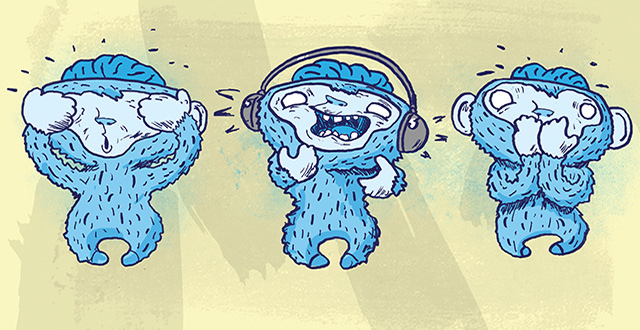
 C2SV Brings Two Day Tech Conference, Music Festival to San Jose
C2SV Brings Two Day Tech Conference, Music Festival to San Jose  SJ Q&A: Tina Kapoor, Downtown Coordinator
SJ Q&A: Tina Kapoor, Downtown Coordinator 